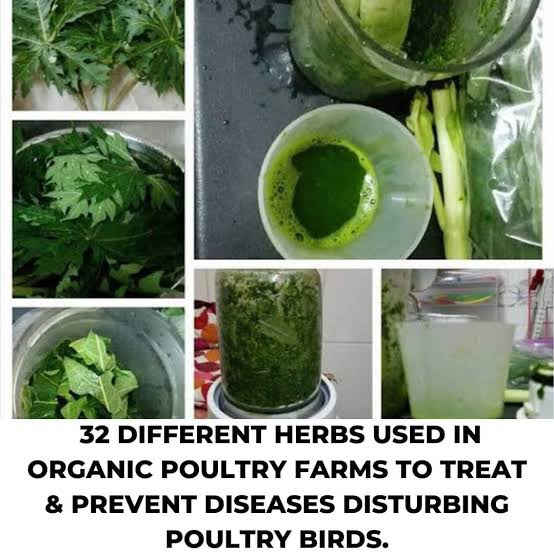ORGANIC FARMING FOR NUTRITIONAL SECURITY .
Organic farming is guided by four core principles: Health, Ecology, Fairness, and Care. These principles aim to create a sustainable and ethical agricultural system. Let me do detailed explanation of each.
HEALTH
Organic farming should sustain and enhance the health of soil, plants, animals, humans, and the planet as one and indivisible.
This principle emphasizes the importance of maintaining the health of ecosystems and organisms, avoiding the use of synthetic chemicals that can harm the environment and human health.
ECOLOGY
Organic farming should be based on living ecological systems and cycles, work with them, emulate them, and help sustain them.
The principle focuses on maintaining ecological balance and biodiversity, promoting practices like crop rotation, polyculture, and the use of natural pest controls.
FAIRNESS.
Organic farming should build on relationships that ensure fairness with regard to the common environment and life opportunities. This principle advocates for fair treatment and good quality of life for all involved, including farmers, workers, and animals. It also emphasizes fair trade practices and equitable distribution of resources¹.
CARE.
Organic farming should be managed in a precautionary and responsible manner to protect the health and well-being of current and future generations and the environment.
This principle encourages careful management of resources and practices to avoid potential risks to the environment and human health.
In Animal Farming and Poultry
These principles translate into several specific practices:
-Ensuring animals have access to organic feed, clean water, and living conditions that promote their natural behaviors and well-being.
- Integrating animals into the farm's ecosystem, using their manure to enrich soil fertility, and practicing rotational grazing to prevent overgrazing and soil degradation.
- Providing humane treatment to animals, ensuring they have sufficient space, proper shelter, and opportunities for natural behaviors. Fair wages and working conditions for farm workers are also essential.
CARE
- Avoiding the use of antibiotics and synthetic hormones, and implementing preventive health measures to reduce disease risk.
This also includes maintaining clean living environments and using natural remedies when possible.
These principles help create a holistic and sustainable approach to farming that benefits the environment, animals, and people involved.
ABOUT THE WRITER.
Munyendo Leonard Akhusama
Is an Agriculture expert who has passion in food systems that are environment friendly and also has nutritional security.
To connect
Email: munyendoleonard@gmail.com
+254793516000








Comments
Post a Comment